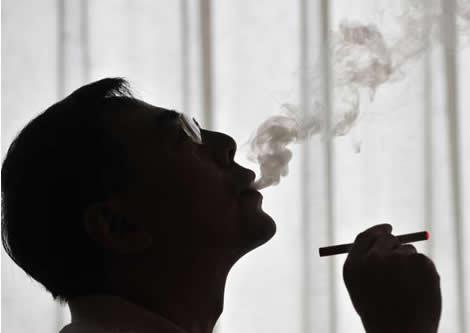The black market in tobacco involves criminal gangs smuggling across borders, engaging in large-scale tax evasion and producing counterfeit cigarettes. Tobacco smuggling causes heavy yearly losses to the budgets of EU countries and the EU institutions in lost customs duties and taxes. Illegal tobacco poses great risks to consumers and businesses and undermines anti-smoking and public health campaigns.
Is a significant source of organised crime that violates the strict rules that the EU and its member countries have on manufacturing, distribution and sale.
It is difficult to estimate the size of the illegal tobacco market accurately. This is because – as with other illicit practices like drugs and migrants smuggling cigarette contraband and counterfeiting goods are clandestine activities in constant fluctuation and change. Fraudsters go to great lengths to conceal and change their methods to escape the law.
Major tobacco companies have an extensive history of facilitating the illicit trade. By the late 1990s, it was estimated that one third of global annual cigarette exports could not be accounted for via legal distribution routes despite the tobacco industry knowing that cigarette smuggling increased sales to children. Evidence has shown the extensive involvement of the industry in facilitating smuggling by shipping huge quantities of cigarettes to ‘smuggling hubs’. The cigarettes were then forwarded via these hubs via the black market, often back to the countries from where they were shipped.
Tobacco companies have facilitated the smuggling of their own cigarettes and roll your own tobacco for decades. Documents reveal that in the 1990s smuggling was an integral part of tobacco companies’ business strategies. By the late 1990s and early 2000s, the tobacco industry’s involvement in smuggling had been exposed leading to public investigations, court cases and extremely negative publicity for the tobacco companies. Using a massive public relations drive, they claimed they had changed and were now the victims, not the perpetrators of tobacco smuggling. But contemporary evidence indicates significant ongoing tobacco company involvement in the illicit tobacco trade.
The tobacco companies can benefit from smuggling since they are paid for the product whether it is smuggled or not. In other words, they are paid when they sell to the distributor regardless of whether it then enters the legal or illegal channel.
The reduced average market price as a result of smuggling discourages quitting and increases total sales, particularly sales among key industry targets – the young and the least well off.
Illegal sales undermine tobacco control measures including packaging laws, and age restrictions on sales.
The industry uses smuggling to press the case for reduced excise taxes, leading to increased sales in the legal market.
Add A Comment


